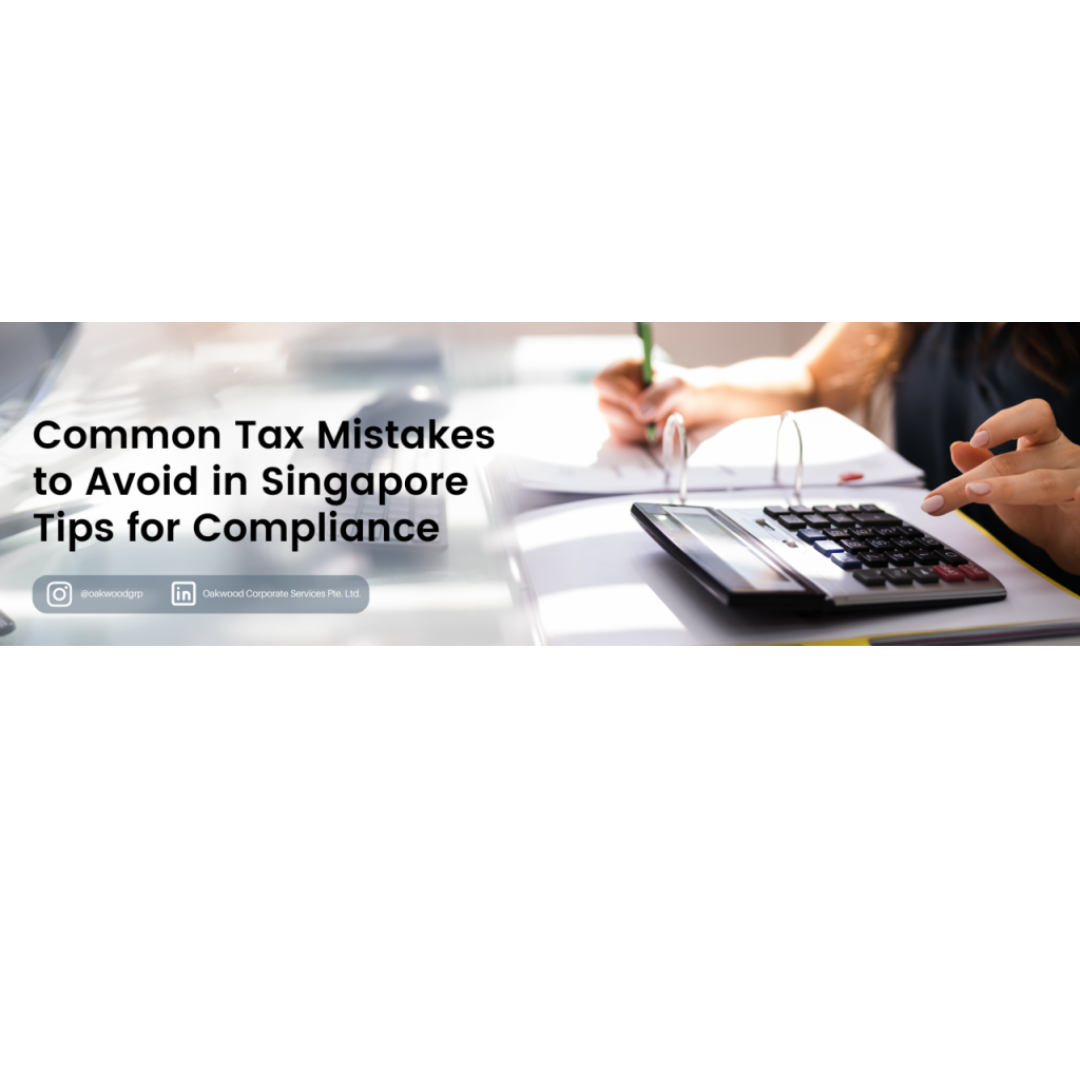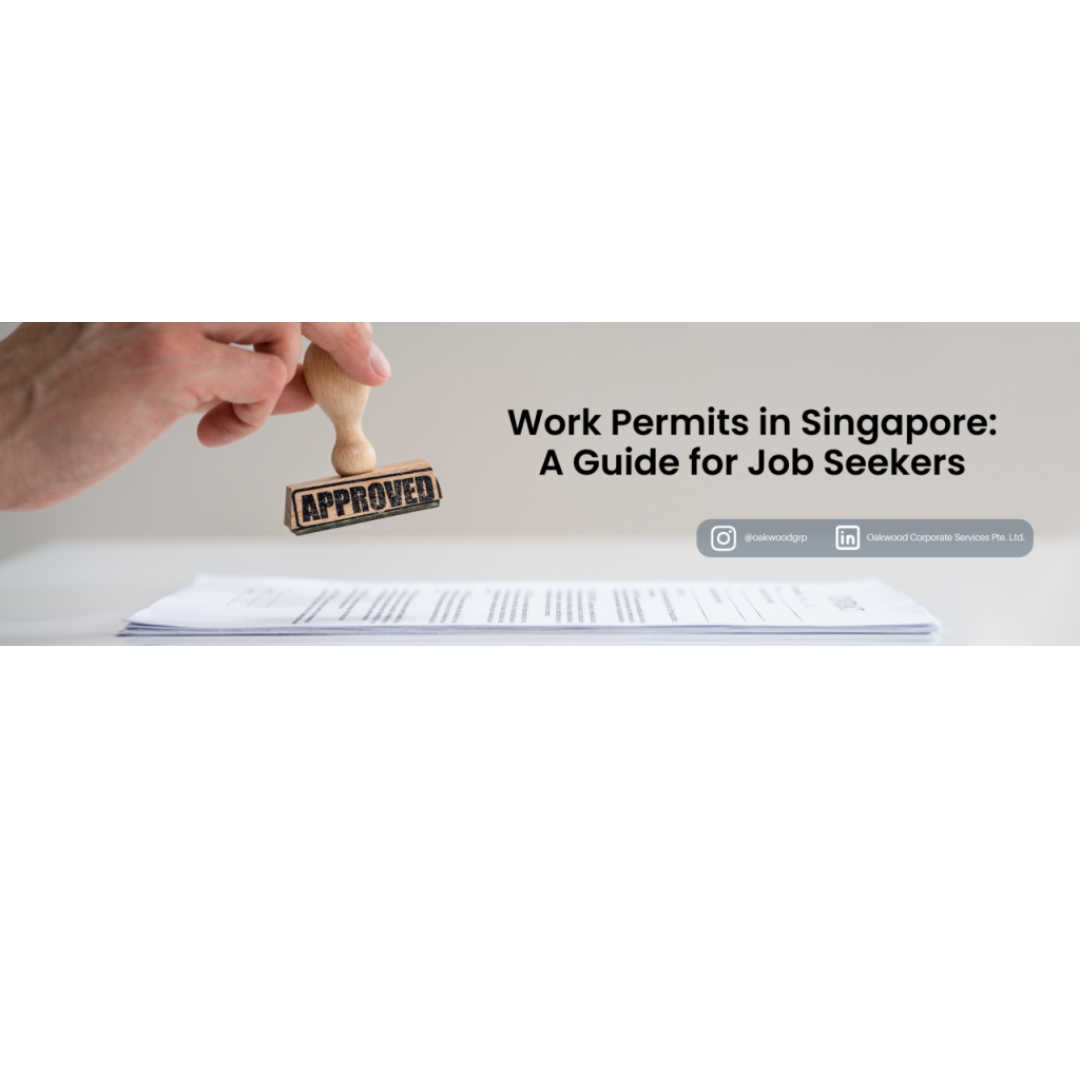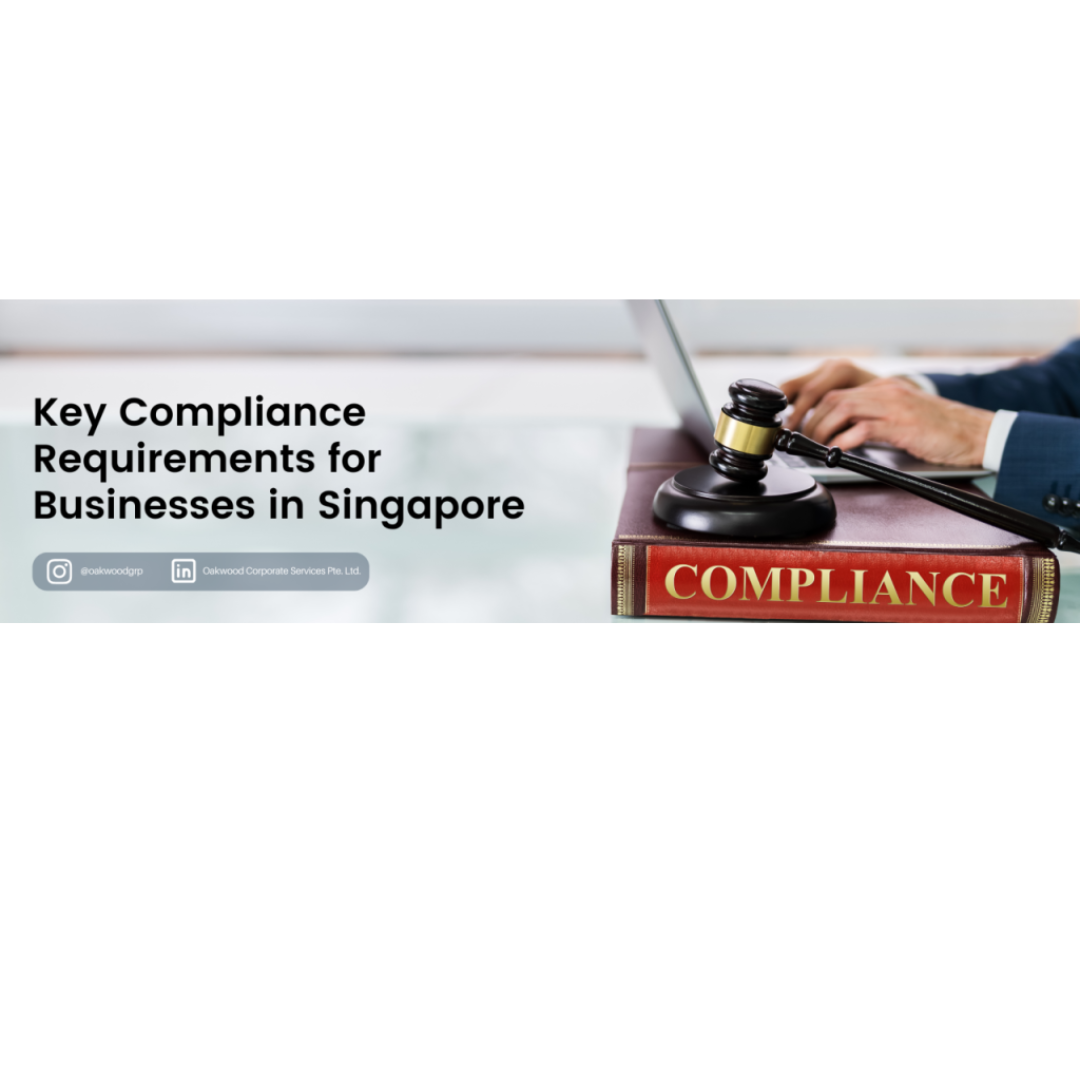
Common Tax Mistakes to Avoid in Singapore Tips for Compliance
Tax filing can be a daunting task, even in a tax-friendly country like Singapore. Each year, individuals are required to submit their income tax returns accurately and on time. However, due to the complexity of tax regulations, common mistakes often occur, leading to potential penalties and unnecessary stress.

In this article, we will explore some of the most frequent tax errors in Singapore and offer essential tips on how to comply with the country’s tax regulations.
Incorrect Reporting of Income
One of the most common tax mistakes in Singapore is inaccurately reporting income. Taxpayers must declare all their sources of income, including employment income, bonuses, rental income, dividends, and any other forms of earnings. Failure to report all income sources can lead to penalties and potential legal repercussions. To avoid this mistake, keep detailed records of all your income throughout the year and cross-check the information with official documents like Form IR8A issued by your employer.
Reporting Taxes on Estimates
Filing tax returns based on estimates, rather than solid data, has also been a recurring mistake. This is due to estimates are, more often than not, display incorrect data on your earnings. Also, they do not hold water if IRAS (Inland Revenue Authority of Singapore) asks for claim proofs. The best way to avoid this mistake is to do an actual calculation of your income before filling. Pro tip: hire an accountant to ensure your taxes are filled on-time. Bonus: they can also show you exemptions that you may be eligible for.
Inaccurate Use of Tax Reliefs
Tax reliefs are incentives provided by the government to reduce the tax burden on specific groups or encourage certain behaviors. Common tax reliefs include those for supporting parents, spouses, or children, as well as reliefs for NSMen and working mothers. Failing to utilize these reliefs correctly can result in paying higher taxes than required. Stay informed about the different tax reliefs available and ensure you meet the eligibility criteria before claiming them in your tax return.
Late or Incomplete Filing
Submitting tax returns after the deadline or with missing information can lead to penalties and even legal consequences. It is essential to stay organized and keep track of all necessary documents to complete your tax return accurately and on time. The tax filing deadline in Singapore is typically April 15th, so start gathering the required documents well in advance to avoid any last-minute rush.
Tips for Complying with Singapore’s Tax Regulations
Common or not, mistakes are there to be remedied. Especially if it’s regarding taxes. If you seek for a smooth tax-filing season, here are some tips that may be useful.
Stay Informed. Regularly visit the IRAS website (https://www.iras.gov.sg/) to stay updated on the latest tax regulations, changes, and filing procedures.
Keep Proper Records. Maintain accurate and organized records of your income e.g IR8a and relevant documents throughout the year to facilitate smooth tax filing.
Seek Professional Advice. If you find the tax filing process overwhelming, consider seeking help from tax professionals or engage a qualified tax agent to assist you with your tax return.
Use E-Filing. Take advantage of the convenient e-filing system provided by IRAS. E-filing reduces the chances of errors and ensures a faster processing time for your tax return.
Double-Check Before Submission. Always review your tax return before submitting it to ensure that all information is correct and complete.



